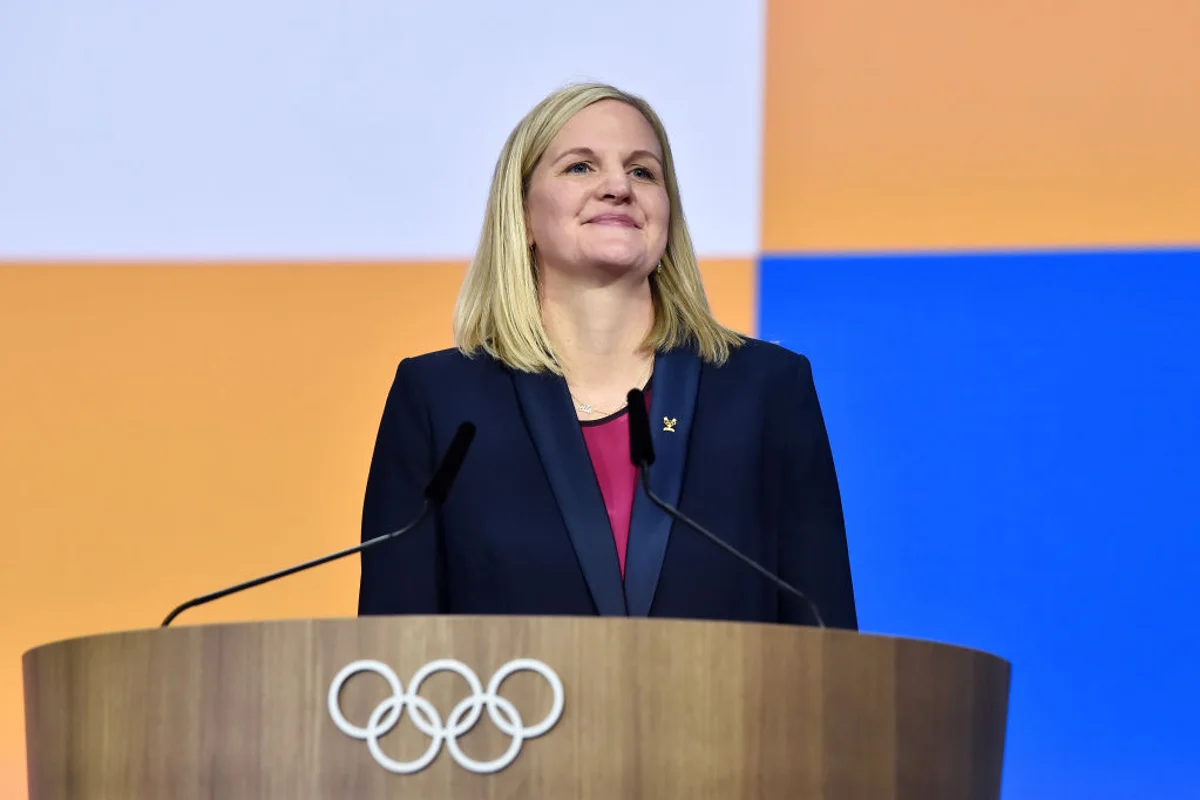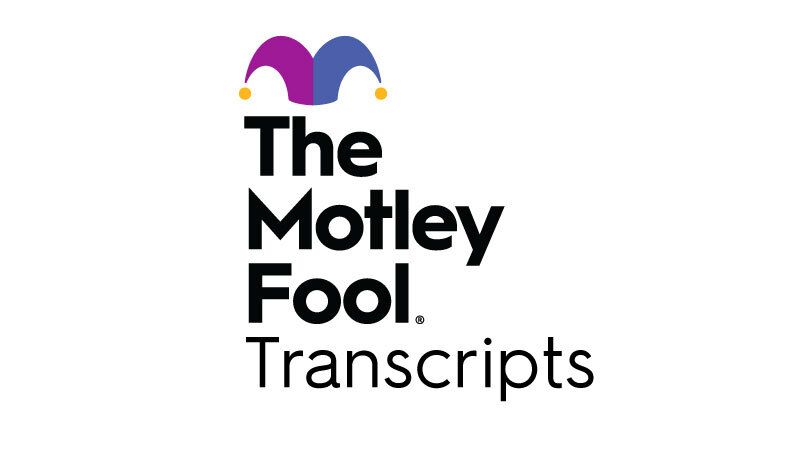Copyright independent

The International Olympic Committee (IOC) is reportedly set to announce a blanket ban on transgender women competing in the female category of Olympic sports, although the organisation says “no decisions have been taken yet”. The Times reported on Monday that IOC members at a meeting in Lausanne last week were presented with the initial findings of a review into evidence regarding permanent physical advantages to being born male. The paper reported that a ban could be announced early next year, possibly at an IOC session at next February’s Winter Olympics, which will be held in Milan-Cortina. Until now the IOC has offered sports non-binding guidance on the issue of transgender women competing in the female category, but has allowed individual sports to make their own policies. The meeting in Lausanne reportedly featured medical and scientific director Dr Jane Thornton, formerly an Olympic rower, presenting scientific evidence that athletes who were born male retained physical advantages, including those who had since undergone treatment to reduce their levels of testosterone. The IOC confirmed on Monday that Thornton had presented the initial review findings last week, but added: “The working group is continuing its discussions on this topic and no decisions have been taken yet. Further information will be provided in due course.” Kirsty Coventry, who was elected the organisation’s new president in March this year, said in June that there was “overwhelming support” among IOC members to “protect the female category”. She set up a working group looking into the issue in one of her first acts as president. Coventry said: “Every sport is slightly different, but it was pretty much unanimously felt that the IOC should take a leading role in bringing everyone together to try and find a broad consensus, so that really is what will be guiding the working group.” Some sporting governing bodies, notably World Athletics, have introduced total bans on athletes who have undergone male puberty but since transitioned. In September World Athletics introduced a compulsory cheek swab or blood test for all female athletes to determine their eligibility for the female category. Skiing and snowboarding’s governing body, the FIS, also introduced the same policy of a compulsory SRY test - which identifies the Y chromosome found in men - in September. International boxing’s governing body, World Boxing, has also introduced mandatory sex testing in the wake of the furore around boxers Imane Khelif and Lin Yu-Ting. Both women won gold medals at the Paris Olympics last year but were disqualified from the previous year’s World Championships, held under the disgraced former governing body the International Boxing Association (IBA), for allegedly failing gender eligibility tests. Neither Lin nor Khelif identify as transgender or intersex and both were allowed to compete in Paris by the IOC, which said competitors were eligible for the female category if they were registered female on their passports. The IOC ran the boxing competition after the IBA was stripped of its role as the sport’s official international federation. The IOC’s new policy is also expected to cover athletes with differences of sex development (DSD), who may have chromosomes usually associated with being male or female but present differently or have higher levels of hormones associated with the opposite sex.



